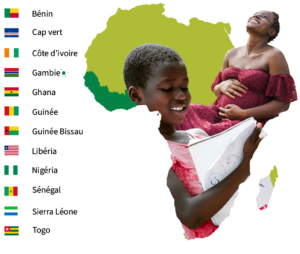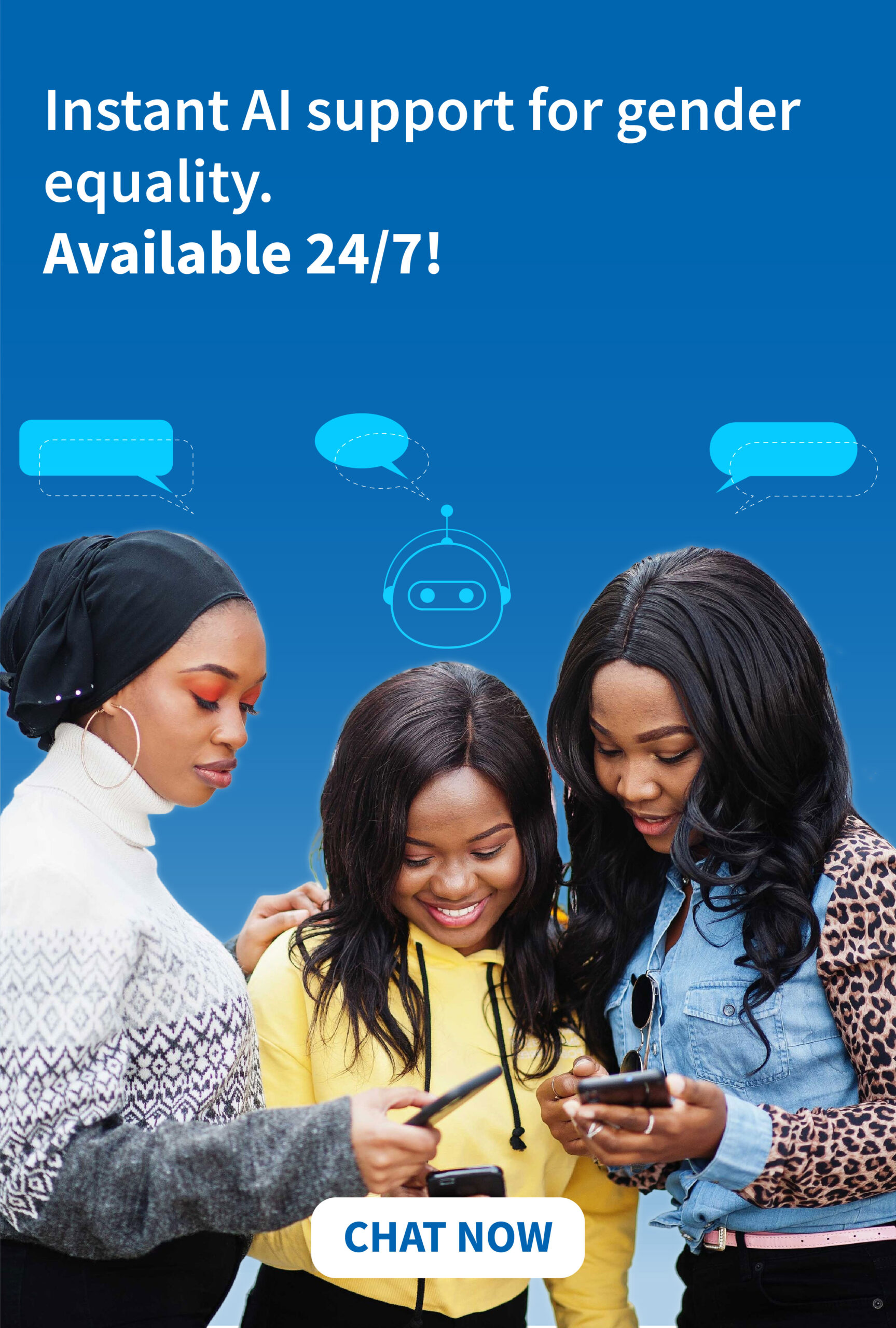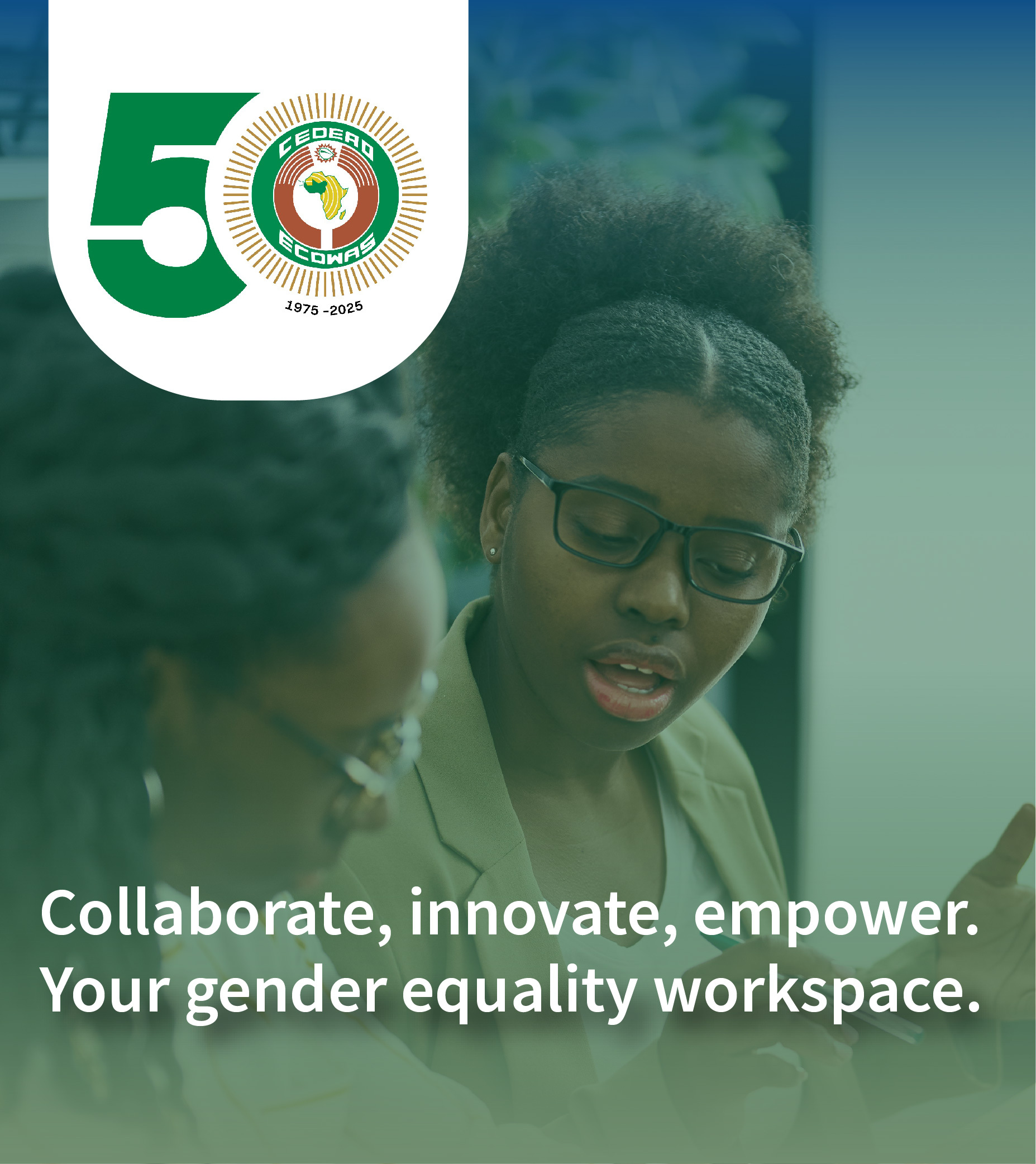Obstetric Fistula

To address the social and economic impacts of obstetric fistula on girls and women in the region, the ECOWAS Gender Development Center(EGDC) took the initiative in 2010 to launch a comprehensive program providing medical and financial support to women and girls suffering from obstetric fistula in the ECOWAS Member States. The objective of this program is to improve access to and the management of healthcare and socioeconomic support for those affected by the condition, enabling them to lead productive and meaningful lives and contribute to the development of the ECOWAS region.
In partnership with healthcare institutions, NGOs operating in the field, the ministries of health, and the ministries responsible for gender issues in 14 Member States, the EGDC is working to create an environment conducive to eliminating fistula within the ECOWAS space. Three priority components have been identified: prevention, awareness, and information; medical care through reconstructive surgery; and the socioeconomic reintegration of the cured women. This is the well-known 3Rs approach: Repair, Reintegration, and Restore.

The EGDC has established coordination mechanisms and monitoring and evaluation systems for the program within the ECOWAS Member States. The goal is to ensure effective and efficient coordination and monitoring of activities combating obstetric fistula in the Member States so that obstetric fistula is integrated into the National Health Development Programs (NHDP) of the ECOWAS Member States.
After several years of implementation, thanks to the commitment of the Member States and the support of technical and financial partners as well as civil society organizations, significant progress has been made. The current status of the Medical and Financial Support Program for women and girls suffering from obstetric fistula in the ECOWAS Member States is reflected in the following achievements: over 151 specialized units have been rehabilitated, more than 1,657 female patients have been treated, over 1,488 cured women have been reintegrated into social and economic life, and more than 233,091 people have been made aware of the condition.
Related News
La CEDEAO lance officiellement l’écosystème digital du ccdg à Saly-Portudal, Sénégal
Le Centre de la CEDEAO pour le Développement du Genre (CCDG), sous le leadership de Prof. Fatou SOW SARR, Commissaire...
ECOWAS promotes the gender equality seal for public institutions (GES-PI) within its Bank for Investment and Development (EBID) in Lomé
The Conference Hall of the ECOWAS Bank for Investment and Development (EBID) hosted, on Wednesday 17 December 2025 in Lomé,...
A new stage in the partnership between the ECOWAS gender development centre (EGDC) and the Folke Bernadotte academy to strengthen the peace and security architecture in west Africa
On the 10th of December 2025 in Abuja, Federal Republic of Nigeria, Prof. Fatou SOW SARR, Commissioner for Human Development and...
ECOWAS trains judicial, health and social actors in Liberia on preventing and responding to GBV and sexual harassment in Monrovia
The Economic Community of West African States (ECOWAS), through its Gender Development Centre (EGDC) organised a national training workshop on...
ECOWAS-AECID coordination meeting: reviewing cooperation and planning for 2026
The Economic Community of West African States (ECOWAS) and the Spanish Agency for International Development Cooperation (AECID) held a virtual...




